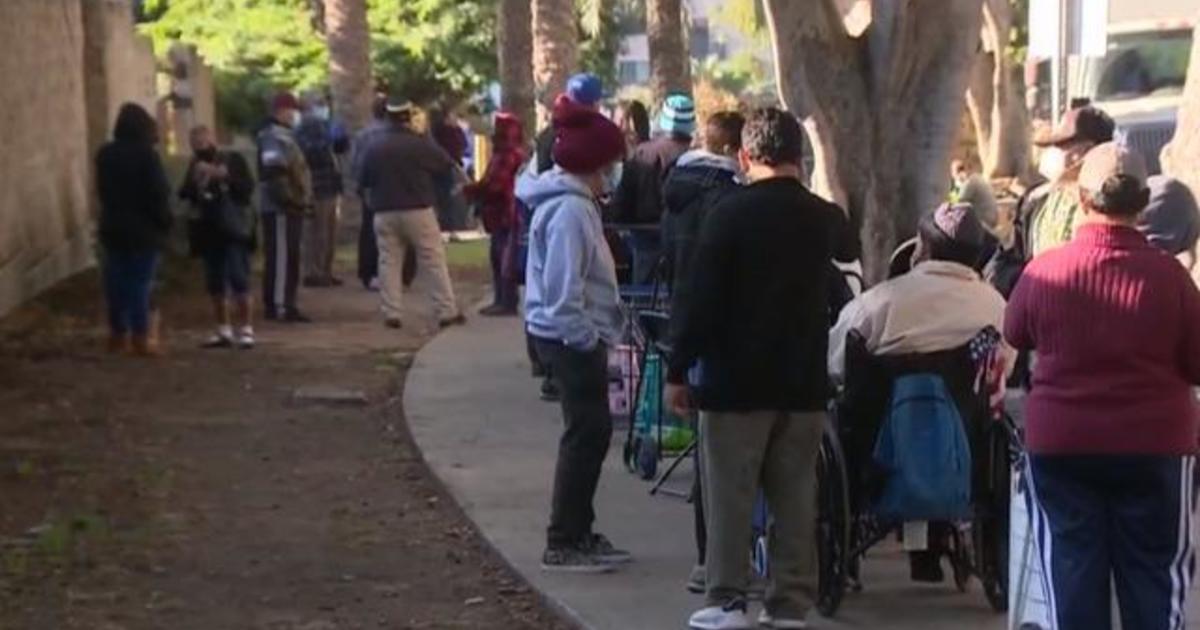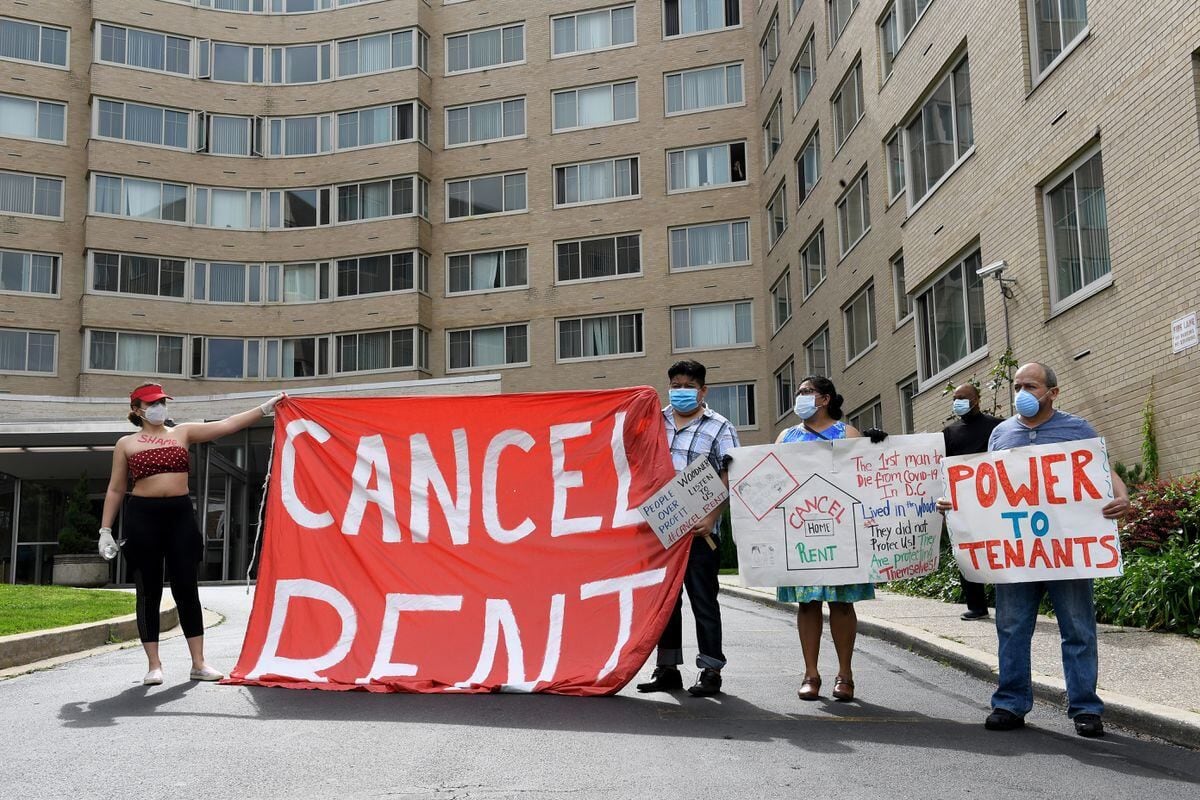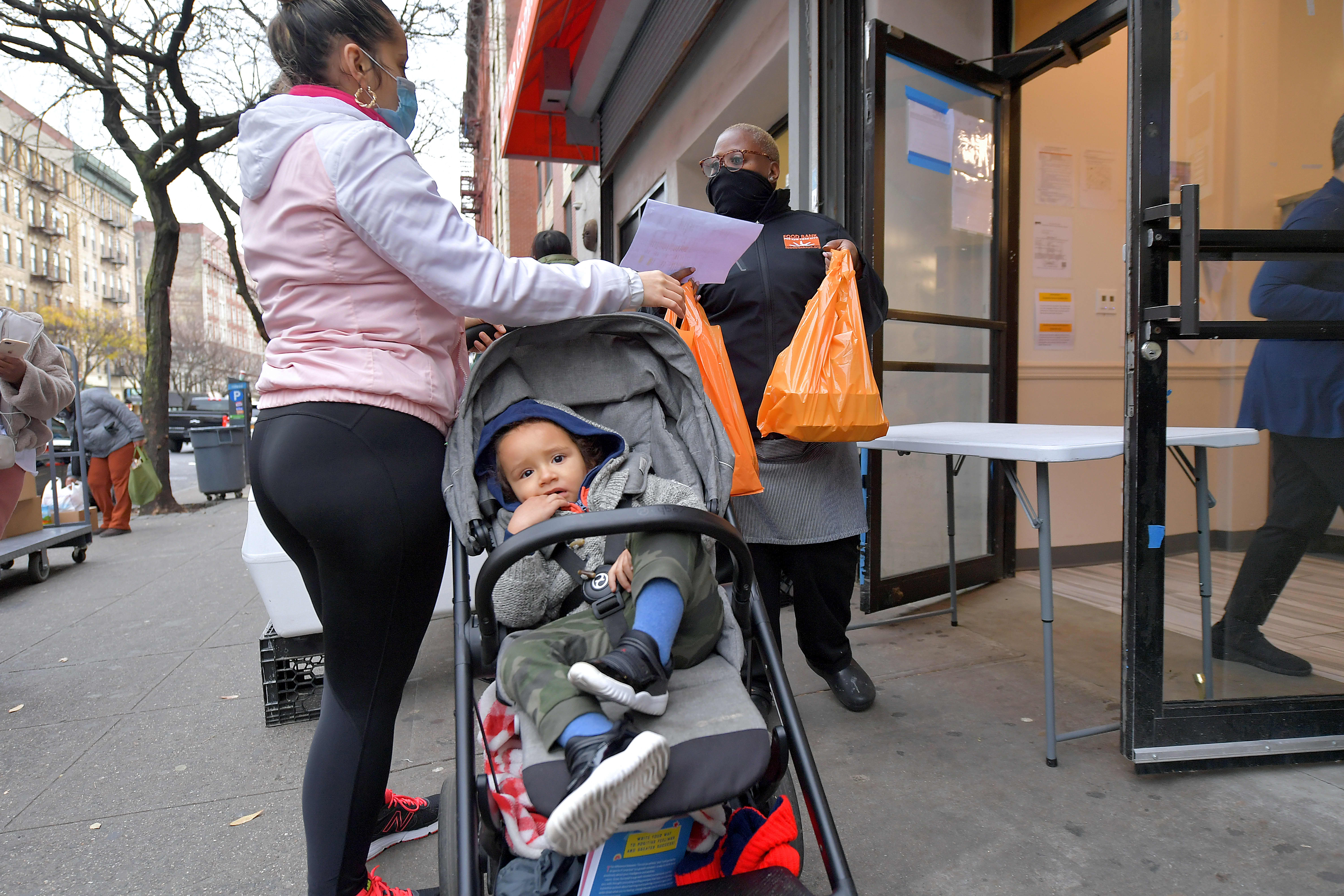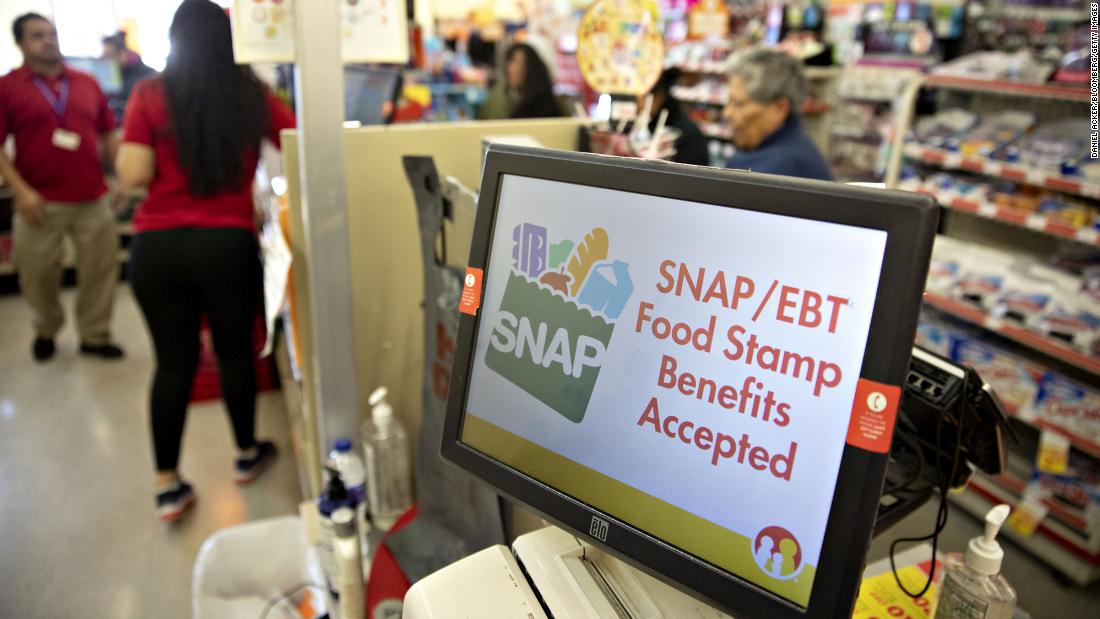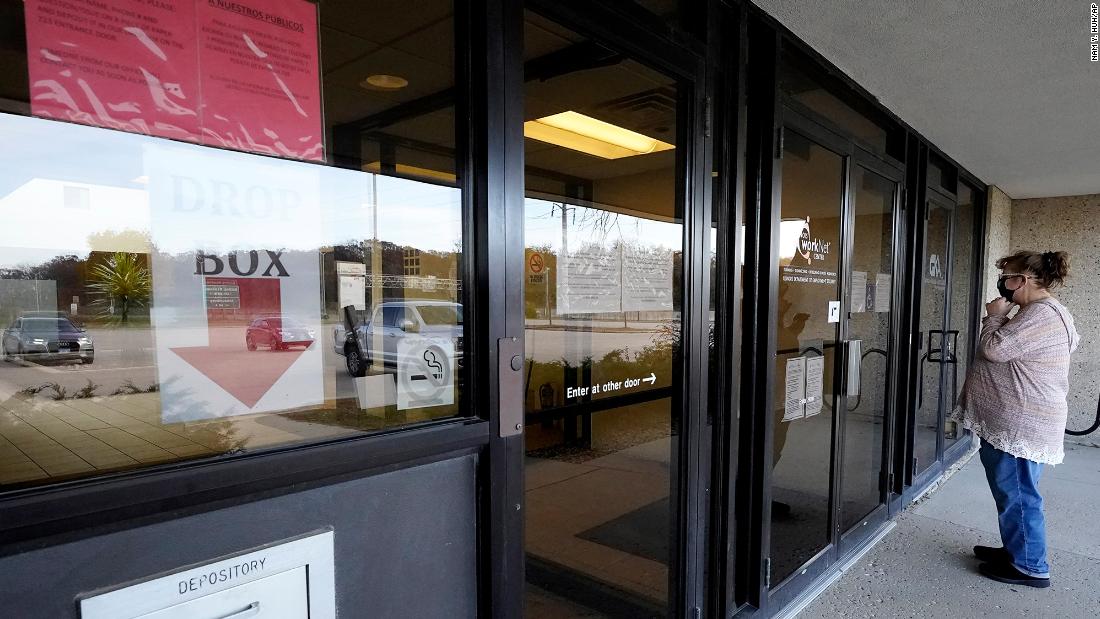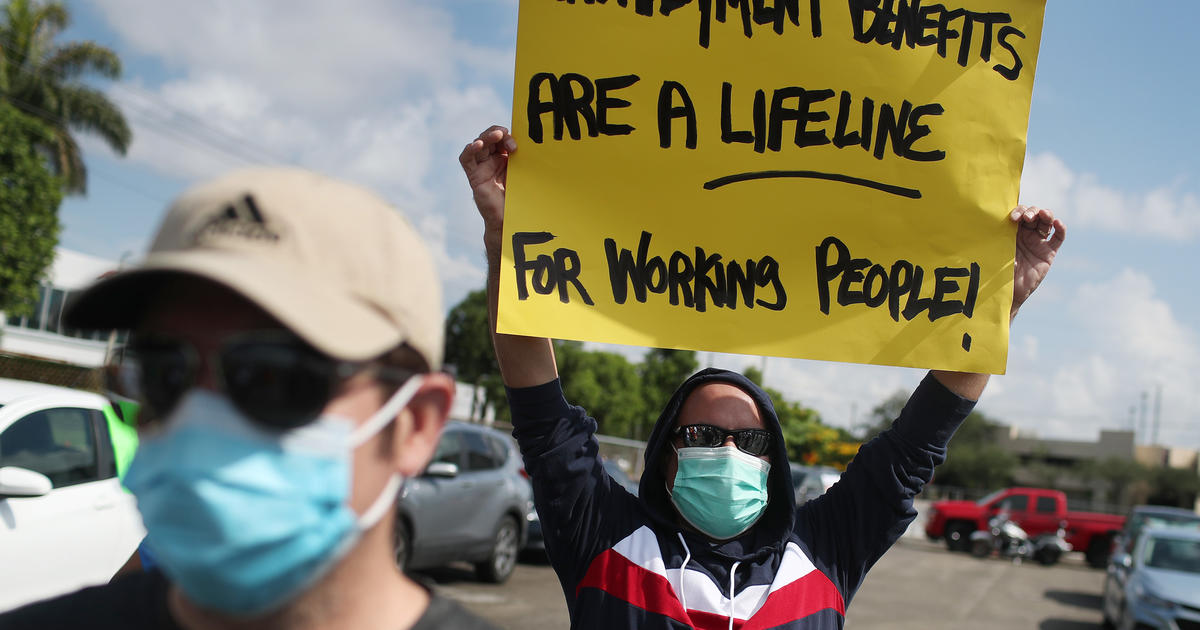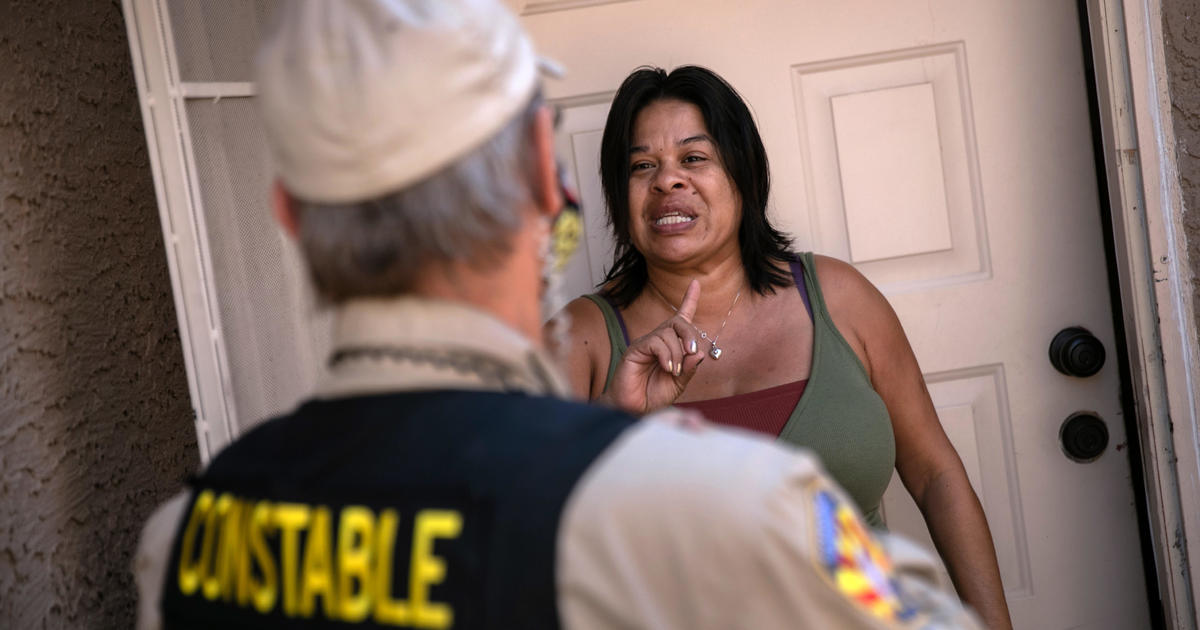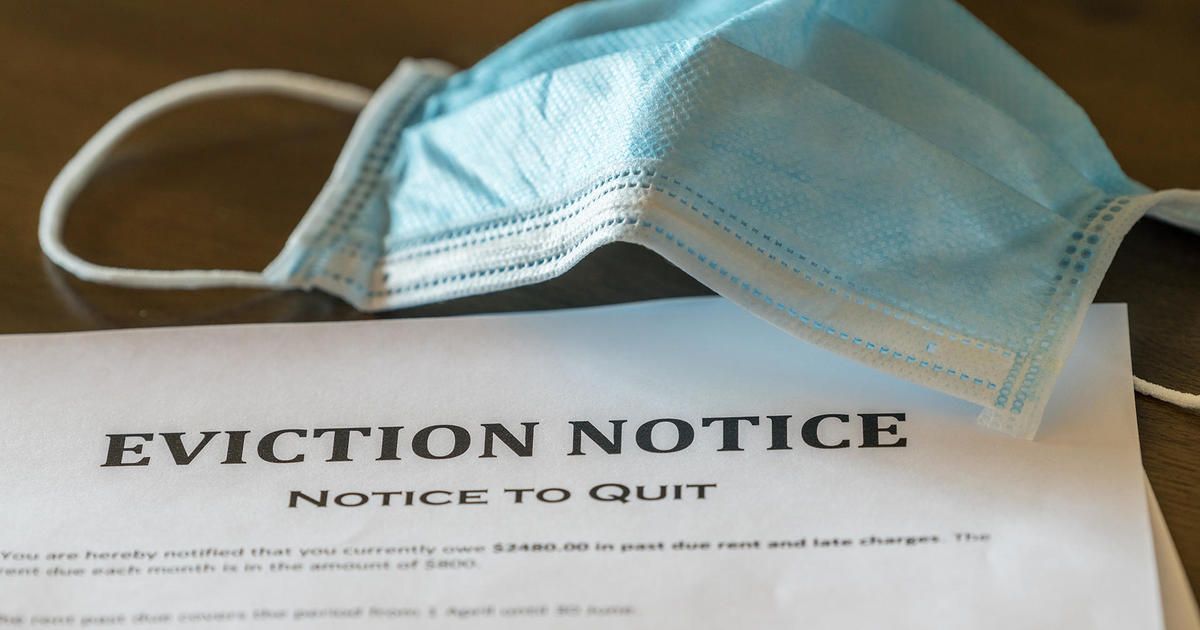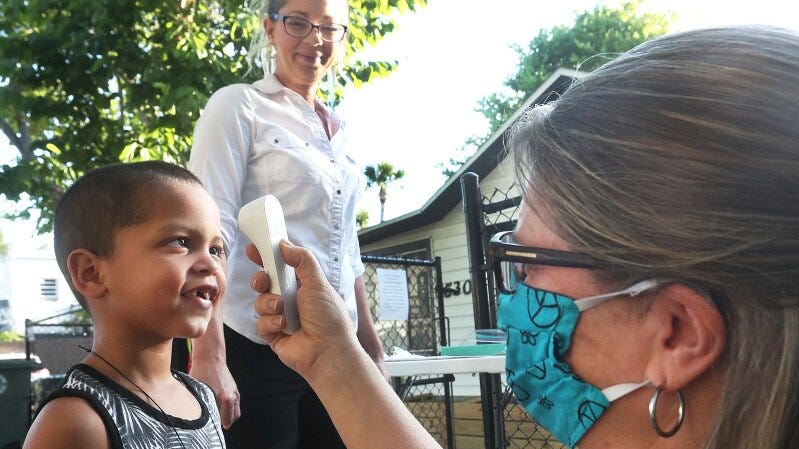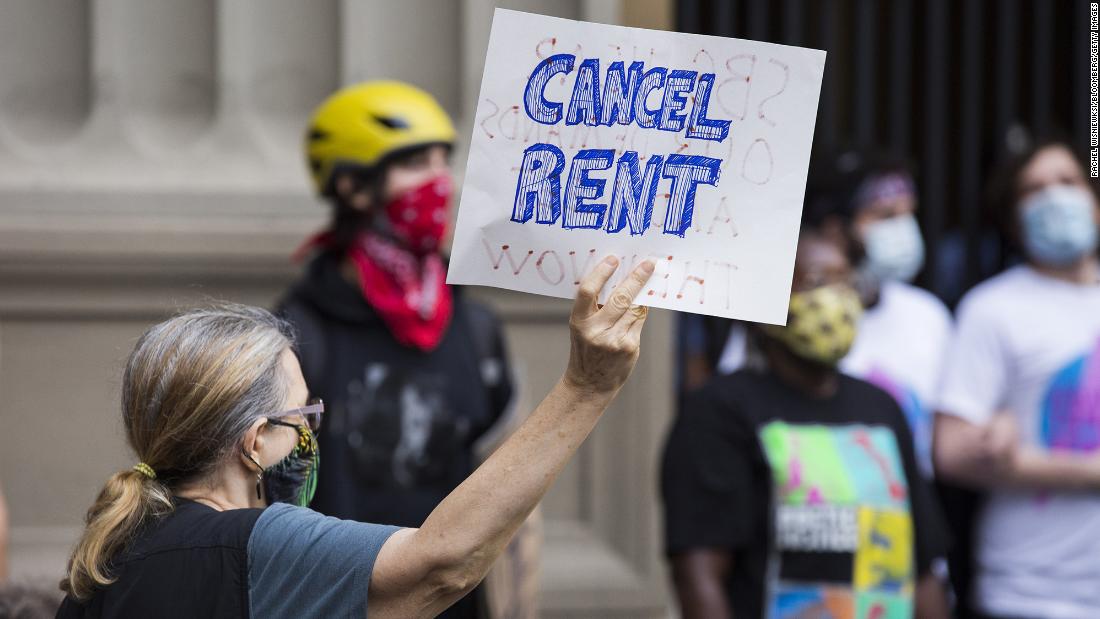America’s poverty rate has risen at the fastest pace ever this year after aid for the unemployed declined.
Nearly 8 million Americans fell into poverty between June and November, a new analysis shows.
In the years leading up to 2020, the poverty rate in America had been on a gradual decline. But the pandemic changed everything.
Millions of Americans who lost their jobs during the pandemic have fallen thousands of dollars behind on rent and utility bills, a warning sign that people are running out of money for basic needs.
A pandemic relief program allows no forgiveness of overpayments, even when recipients are not at fault and the funds are already spent.
Follow the StarTribune for the news, photos and videos from the Twin Cities and beyond.
Vital housing assistance, such as rapid rehousing, may not be available to families that don’t meet the Department of Housing and Urban Development’s definition of homeless, including those who have had to move in with other households.
In the seven weeks since housing courts reopened, new eviction filings have climbed quickly, despite a federal ban that still prevents many evictions from being finalized. And some parts of the state are seeing far more cases than others, according to a Globe analysis of state court data.
Hardest hit are Black, Hispanic, low-income students and children with disabilities.
Many low-income families across Massachusetts have struggled to receive their promised free school breakfasts and lunches during the pandemic because of school schedules. It’s another way the pandemic is widening existing racial and socioeconomic inequities in education.
Feeding America estimates that 17 million children could go without enough to eat this year, and advocates say that hunger could get worse during winter.
Richard Smith wishes he could buy his groceries online and get them delivered right to his door in the pandemic. It’s not so easy.


